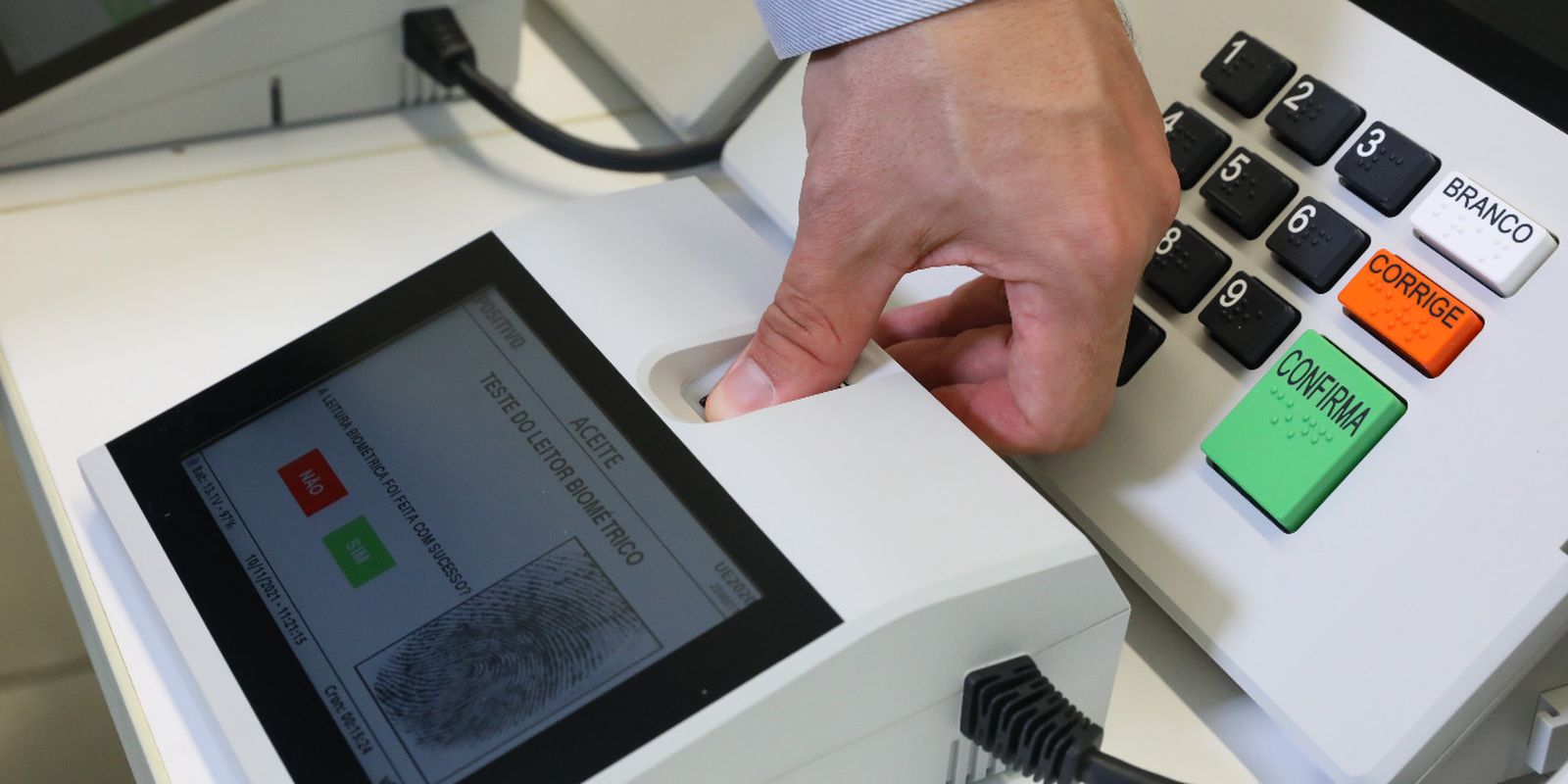As of July 15, municipalities with an electorate of more than 100,000 people must enable conventional or specific polling stations to receive votes in transit, which is only allowed in these locations. The date is specified in the electoral calendar. 
The measure must be complied with to allow the voter to request the vote in transit, whose deadline starts on the 18th and runs until August 18th. On that occasion, the citizen can indicate the place where he intends to vote outside his electoral domicile.
Voting in transit is only allowed for voters who have their title regularized. Anyone outside their state can vote only for President of the Republic. Voters who are outside their city, but in a municipality located in the same state, will be able to vote for all the positions in dispute.
This modality does not apply to electronic voting machines installed abroad, however, the Brazilian voter who lives outside the country and is in Brazil may request to vote in transit.
The first round will take place on October 2, when voters go to the polls to elect the President of the Republic, governors, senators, federal, state and district deputies. An eventual second round for the presidential race and the state governments will be on October 30th.














